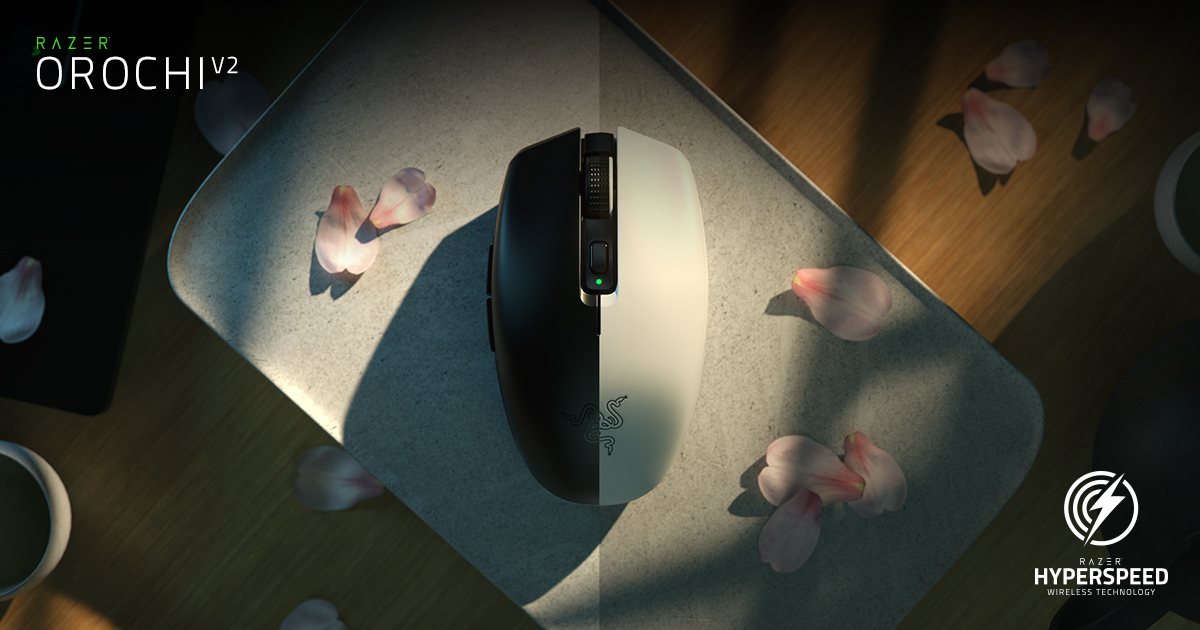The Opus X does at first glance look like a well-known Bluetooth headset on the market. Features an adjustable head strap, swiveling and tilting ear cups for greater comfort, and a leather cover on the cup.
All controls are positioned at the bottom of the right ear cup. There are buttons for volume up and down (pause button in between). Further down there is the power button, which also switches between noise-canceling modes (ANC on, ANC off, or ambient sound passthrough). The control layout is similar to most other ANC headsets. But the buttons here are more accessible than the controls on some other headsets.

On the right side of the headset also has a USB Type-C port, which is used for charging. From the information I got from Razer, this headset can last up to 30 hours if Active Noise Cancellation is enabled, or up to 40 hours with ANC disabled. Yesterday I had a try, it’s true that the average time is that much.
Since the Opus X is considered one of Razer’s mobile lifestyle products, it only works wirelessly via Bluetooth, and there’s no 3.5mm audio jack option. This is a bit of a letdown, considering that the original Opus had support for an audio jack, whereas the Opus X didn’t. Oh yes, this Razer headset has three color variants: Mercury White, Quartz Pink, and Razer Green.
Sound Quality
Frankly, I really like the sound quality on the Razer Opus X. Because when compared to other audio in the Razer Opus X price range, this headset is definitely more classy. Music on Opus X with the default equalizer sounds great, with clear vocals and instruments. I didn’t notice any excessive bass boost myself, which is a problem with many audio products from ‘gamer’ brands. Active Noise Cancellation also works well. In terms of sound quality, I was absolutely amazed by the audio level of the Razer Opus X.

Software
Now, I will discuss its software. Razer Audio app, available for iOS and Android. This allows us to choose from five equalizer options, ranging from Amplified, Enhanced Bass, Enhanced Clarity, and Vocal. Unfortunately, we can’t adjust the equalizer settings, only Razer’s own presets are available.
The app also has a software switch for ANC or Game Mode. Importantly, this headset only supports AAC and SBC audio codecs, and not Qualcomm aptX audio protocol. AptX can sometimes provide better sound quality and lower latency (on Android devices with Qualcomm chipset). However, I’ve personally never felt any difference when switching between AAC and aptX on headsets that support both codecs.

Conclusion
Razer’s Opus X is another impressive Bluetooth headset for $99. This headset has decent build quality, tactile control, ANC, and good sound quality. Unfortunately, this headset does not have 3.5mm audio support, which is found in most other Bluetooth headsets.
Advantages:
ANC feature that answers the needs of audio lovers
Clear sound quality
Adjustable head strap
All controls on the headset are within easy reach of the hand
Supports the use of the Razer Audio app on both Android and iOS
Disadvantage:
Does not have 3.5mm audio support




